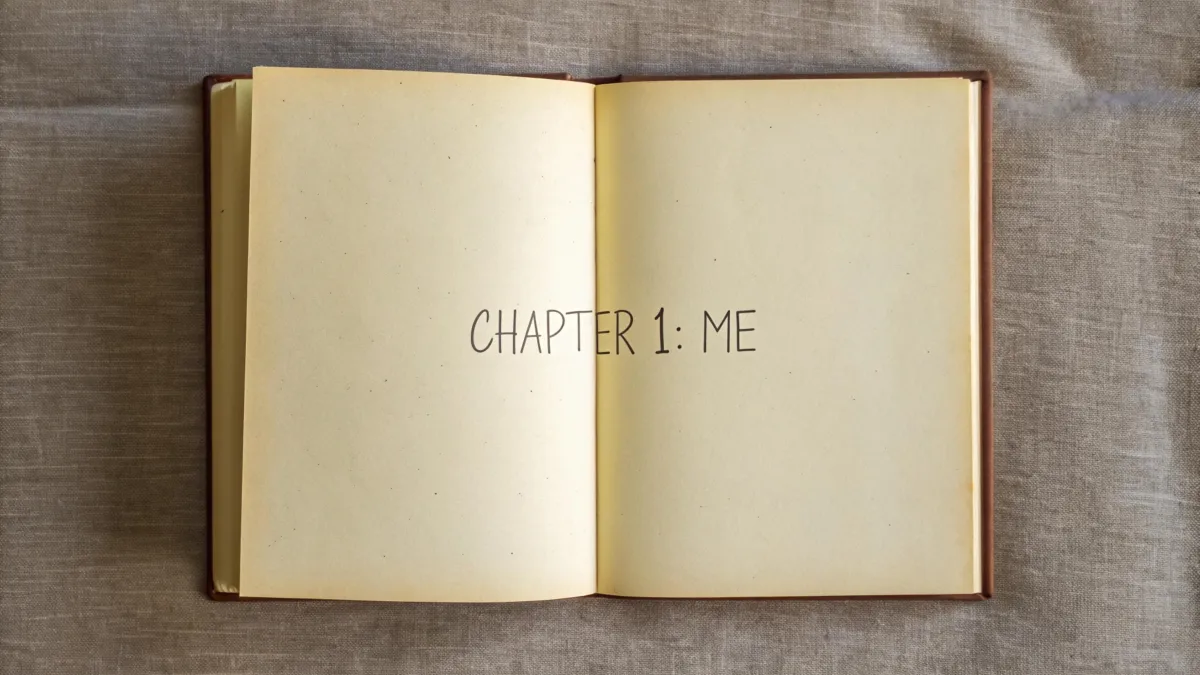
Coping Skill of the Week: Journaling the “Unwritten Chapter”
Uncertainty often feels unbearable because the story is incomplete. The brain loves closure. It is wired to fill in gaps, finish patterns, and tie loose ends together. When you are living through a season with no clear ending, a job search, a medical journey, a relationship crossroads, your mind keeps reaching for resolution. That constant searching can leave you exhausted, anxious, and overwhelmed.
Journaling the “Unwritten Chapter” is a way to bring relief to the nervous system by giving the story somewhere to land, even before the final page is written. This practice helps you acknowledge the uncertainty while creating meaning in the middle of it. Instead of waiting for clarity to make sense of your life, you begin shaping the narrative right now.
Here is how it works. Set aside ten minutes with a notebook or digital journal. Begin by naming the uncertainty you are facing. Write it down plainly, without trying to solve it. Then, imagine your life as a book. You are currently living inside a chapter that has not yet ended. Ask yourself: “If I could write this chapter’s title, what would it be?” It might be “Learning to Wait,” “The Season of Fog,” or “Discovering Strength I Didn’t Know I Had.”
From there, write a few sentences about what this chapter means to you, even without resolution. What lessons are surfacing? What values are guiding you? What parts of yourself are being stretched or revealed? The goal is not to predict the outcome but to give shape to the present moment.
Neuroscience tells us that narrative is one of the most powerful tools we have for regulating emotion. When you put experience into story form, the prefrontal cortex becomes more active, helping you organize thoughts and calm the amygdala’s alarm response. This process literally shifts your brain from pure reactivity toward meaning-making, which steadies the nervous system and makes the uncertainty more tolerable.
You can deepen this practice by revisiting your journal weekly. Notice if the chapter’s title changes. Notice if the meaning evolves. Over time, you will see that even while the ending is unknown, you are not powerless...you are shaping how this story is told.
The “Unwritten Chapter” practice does not erase uncertainty, but it changes your relationship with it. Instead of being stuck in a story you cannot finish, you become an active narrator of the part you are living. You gain perspective, and with perspective comes endurance.
The future may remain unfinished, but that does not mean your story has no meaning right now. By journaling the “Unwritten Chapter,” you claim authorship of your life, even in the fog. That is resilience in action: living fully in the middle, before the ending has arrived.
